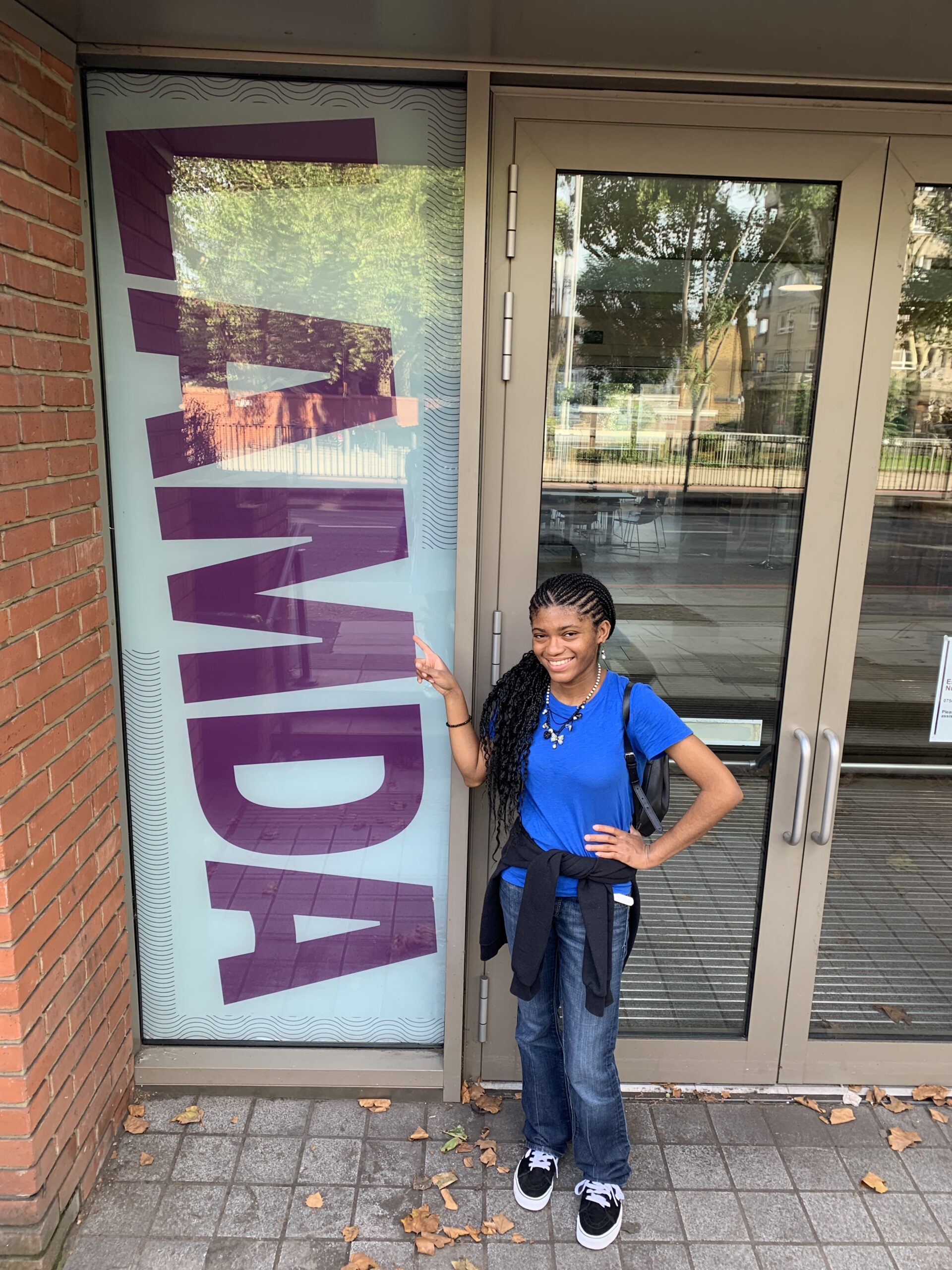
London’s Kingdom of Language
As an American abroad in the United Kingdom, my biggest yet funniest challenge has been understanding words and phrases in my host country. Before arriving in London, I had not known many words and phrases commonly used in Great Britain. Moreover, heading to a country with English as its primary language, I felt comfortable entering my new country but also open to learning new words and phrases. Within my first month abroad, I began thorough assimilation into London’s language kingdom.
Within my first week of classes at the London Academy of Music and Dramatic Art (LAMDA), I had my first lesson in London’s language. While in my Theatre Movement class, my instructor asked all the students to line up from “A-Zed.” I was immediately stuck with confusion! What was “Zed”? The term felt so foreign to me. However, as students began to file past me, I slowly began to realize that “Zed” constituted the letter, “Z”, in the British alphabet. I slowly began to walk into my correct alphabetical position. My first experience with London’s unique language was surprising however, unknowingly, this was only just the beginning.
Building upon my theatrical education, I took Speech classes to improve my public speaking, diction, and clarity. One day during instruction, my instructor asked my classmates and I to “queue up.” Once again, my brain was in confusion. What exactly did “queue up” mean? Did it mean partnering up or walking up to each other? I was deeply perplexed until one student in my class who understood the saying began the process of “queueing up” or, as we say in the United States of America, “lining up.” Getting into line, I was again slightly shaken but comfortable in the fact that I was learning more about my host country’s words and phrases.
The most complex London phrase I have encountered was something so simple as “You alright?” As an American, upon hearing this, your automatic response is, “Yes, I am okay, how are you?” While this response is not inherently incorrect, it contextually misses the understanding. In America, if someone asks you, “If you are alright”, they mean is everything okay with you? However, in the United Kingdom, if someone says, “You alright?”, they do not mean if you are okay, rather, it is a phrase that indicates hello. I received this crash course on London language when during film club, one of my British peers noticed my odd response and explained and also modeled to me the correct expression.
Learning new words and phrases in the London language has opened me to the distinctive culture of London as well as new ways to communicate with British locals. Initially coming to London, a primarily English-speaking city, I did not expect to have many challenges understanding the words and phrases, however, my experience has taught me that every location abroad, whether linguistically familiar or unfamiliar, should be seen as a learning experience and opportunity for me to expand upon my understanding of my host country.
